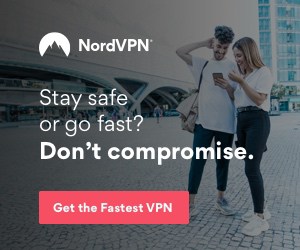What Does a VPN Hide?
- By Douglas Moore
- July 3, 2020
Disclosure: Some links in this guide are affiliate links. We may get paid if you buy something or take an action after clicking one of these links, at no additional cost to you. It’s how we fund the work that it takes for us to create and maintain these guides.
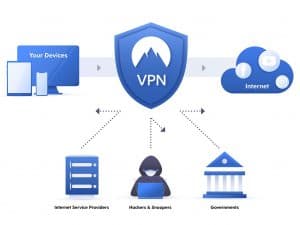
But what exactly does a VPN hide? There’s a bit of confusion over this question, so we’ll go over each type of data that a VPN helps you keep private. Keep in mind that this is only true of quality, paid VPN providers. It’s important to choose a good VPN service, as free VPNs offer much less in the way of security, and end up storing your personal data themselves before selling it to marketing agencies for a profit.
A VPN Hides:
1. Your IP Address
Your PC’s unique IP address can be viewed by all the websites you visit. This means that all your online activity – including what websites you visit, your spending habits, and your interests – can be traced back to you. This allows your ISP, government agencies, hackers, and worst of all – marketers – to track what you do online. A VPN masks your IP and replaces it with one of their own, so your online movement remains private and anonymous.
2. Your Location
Your PC’s IP address also reveals your geographic location. As a VPN hides your real IP, it also hides your geographic location. In fact, VPNs offer thousands of servers in different countries, so you can even choose which country it seems like your internet traffic is coming from.
This can help you access geo-restricted content like various streaming services, and it can also help you get cheaper airline tickets. Yep, those awful airlines change their prices based on your location.
3. Your Browsing History
Even if you’re regularly clearing your cookies and browsing history, it’s all still visible to your ISP. Yep, even the things you do in Incognito tabs. Not only your ISP, but also marketers and government agencies can see everything you do, thanks to your IP address.
There are some studies on how when you browse for information in a pivotal moment of your life, anyone that can trouble to look will find out more about you than you’d like them to know. ISPs and marketers (ISPs are known to sell your personal information to marketing agencies) will be able to find out if you are having financial problems, health conditions, and so on. In fact, just by looking at your browsing history, they can get quite an accurate picture of your life.
Another drawback is that websites also keep logs of your activities on not only their website but other sites too. Has it ever happened that you googled something like running shoes, and then running shoes started plaguing the sponsored content in your Facebook newsfeed?
Well, VPNs prevent them from doing this by hiding your IP address and encrypting your internet traffic.
4. Your Personal Data
VPNs also provide automatic WiFi protection. This especially comes in handy when you use your smartphone, tablet, or PC to connect to a public wireless hotspot. Public hotspots, including those you come across in cafes and at airports, are notoriously unsafe. For all you know, it could be a hacker posing as a cafe hotspot.
Without the security encryption that VPNs provide for your smart devices, a hacker could easily get access to your login information (account, password) as well as your banking and credit card details. In addition to stealing your private data, they could also spread malware through your devices.

5. What You Do Online (Like Torrenting)
When you’re using a VPN, all your ISP can see is how much data you’re spending rather than what you’re spending it on. This is quite useful for streaming and downloading, especially torrenting (or any sort of peer to peer (p2p) sharing). ISPs are known to impose bandwidth throttling, which is the intentional limiting of your internet speed when they detect a certain activity – like torrenting.
VPNs prevent ISPs from seeing what you’re doing online so that they can’t mess with your bandwidth and internet speed based on your activity.
6. Your Social Media Activity
ISPs, websites, and marketers can track you through your IP address when you leave comments on social media. Regardless of whether you use a pseudonym or a fake account, your identity can still be traced.
A VPN can help you hide your social media activity by masking your IP address.
7. Your Online Shopping Habits
When you shop on sites like Amazon, your activity is tracked by the online shop itself, plus potentially the brand you’re purchasing and marketing agencies, as well.
Maybe you don’t want third parties to know what you purchase in your personal life. Maybe you don’t like being the ‘victim’ of targeted marketing wherever you go online. In any case, VPNs prevent e-commerce stores from getting any conclusive information about your shopping habits and following up with additional ads and upsells.
8. Your Online Activity from Your Boss
When your devices are connected to your office network, bosses often have access to your online activities. You spend an hour on Facebook and another hour on YouTube watching funny animal videos? You probably wouldn’t want your boss knowing that. Not to mention that your work email isn’t private, so your boss could read it at any time.
In any case, even if you’ve got nothing to hide, using a VPN on your devices will keep your online endeavors private from your supervisor.
A Few Words Before You Go…
Hopefully, we’ve helped you gain a better idea of what a VPN can help you hide and who you can hide it from. Again, you can only depend on paid VPN providers to keep your information logs private.
View Related Articles
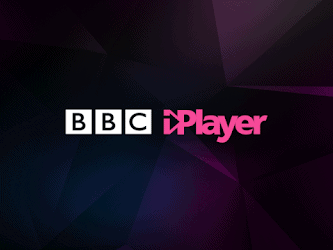
How to Watch BBC iPlayer Outside the UK
The best way to watch BBC iPlayer outside the UK is by using a VPN. Once you connect your PC, smartphone, or iPad (i.e. tablet) to the VPN, you’ll be able to connect to a UK server and directly access content. In this article, show you how you can use a VPN to watch BBC iPlayer from anywhere in the world.
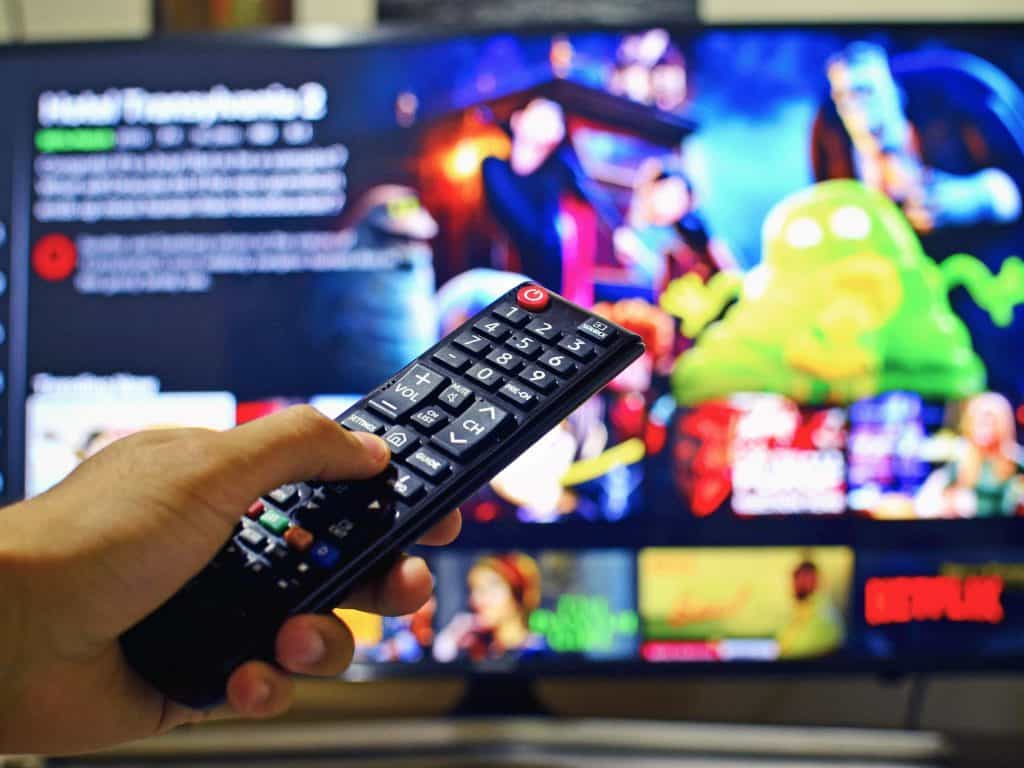
The Netflix VPN Ban and How to Dodge It
VPNs (Virtual Private Networks) are no longer just used by businesses to encrypt and protect their internal sensitive files and data. Today, VPNs are used by lots of average internet users to boost security, hide their private information from third parties, and access geo-restricted content.
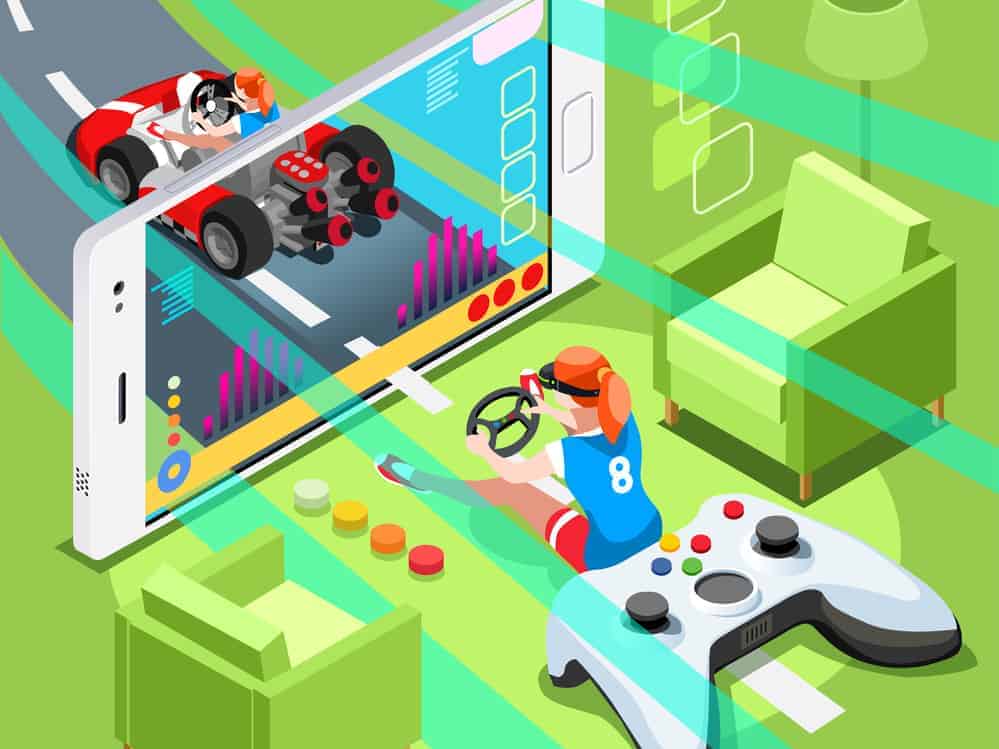
Benefits of Using a VPN for Gaming
Well, VPNs have also gained some renown for gaming purposes. Initially, a VPN may not sound like the ideal solution for gaming, as due to its encryption protocols and remote servers, a VPN can actually slow down your internet speed.
